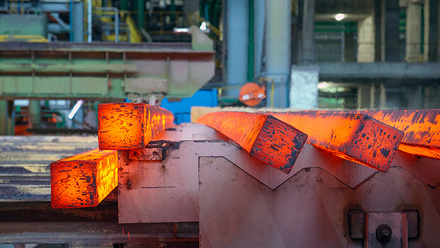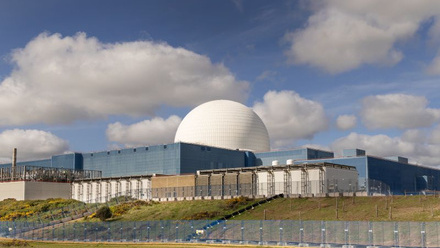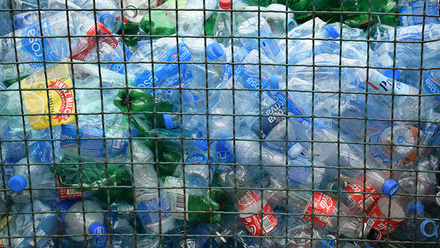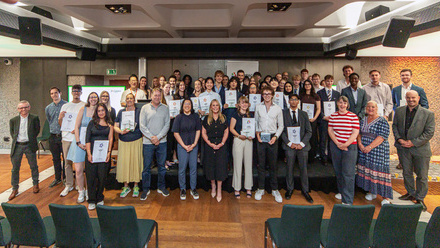Unblended sustainable fuel can reduce emissions
The first in-flight study of commercial aircraft using 100% sustainable aviation fuel has shown 'significant' reduction in non-CO2 emissions
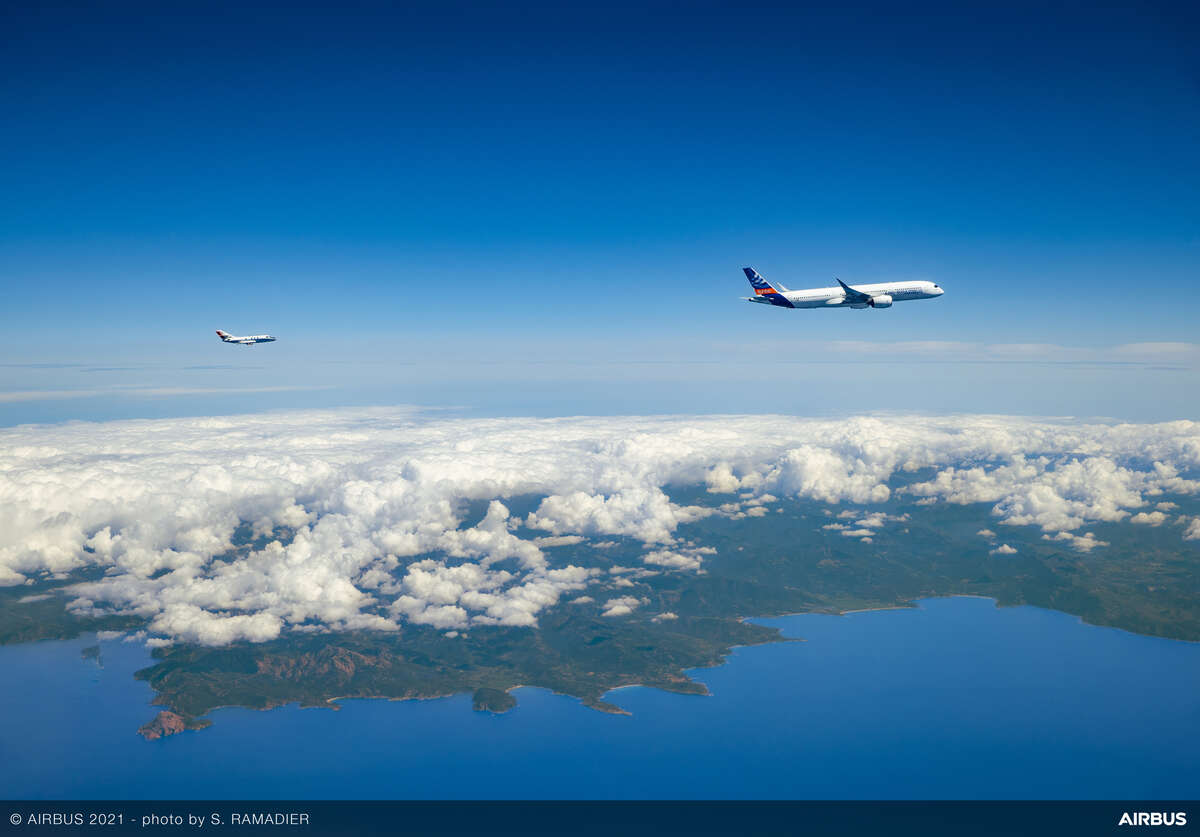
In-flight measurements from an A350 aircraft using 100% sustainable aviation fuel (SAF) show a significant reduction in soot particle emissions and contrail ice crystals compared to conventional aviation fuel, says Airbus.
Airbus, Rolls-Royce, the German Aerospace Center (DLR) and SAF-producer Neste collaborated to measure the impact of 100% SAF on emissions using both engines of an Airbus A350, powered by Rolls-Royce Trent XWB engines, and followed by a DLR chase plane.
Their model simulations estimate a 26% reduction in contrails' climate impact when using pure SAF.
Compared to Jet A-1 fuel, the number of contrail ice crystals per mass of unblended SAF consumed was reduced by 56%.
DLR's simulations estimate the change in the energy balance in the Earth's atmosphere, known as radiative forcing, from contrails.
Airbus says that these results show that SAF could significantly reduce the climate impact of aviation in the short term by reducing non-CO2 effects, as well as reducing CO2 emissions over the SAF lifecycle.


